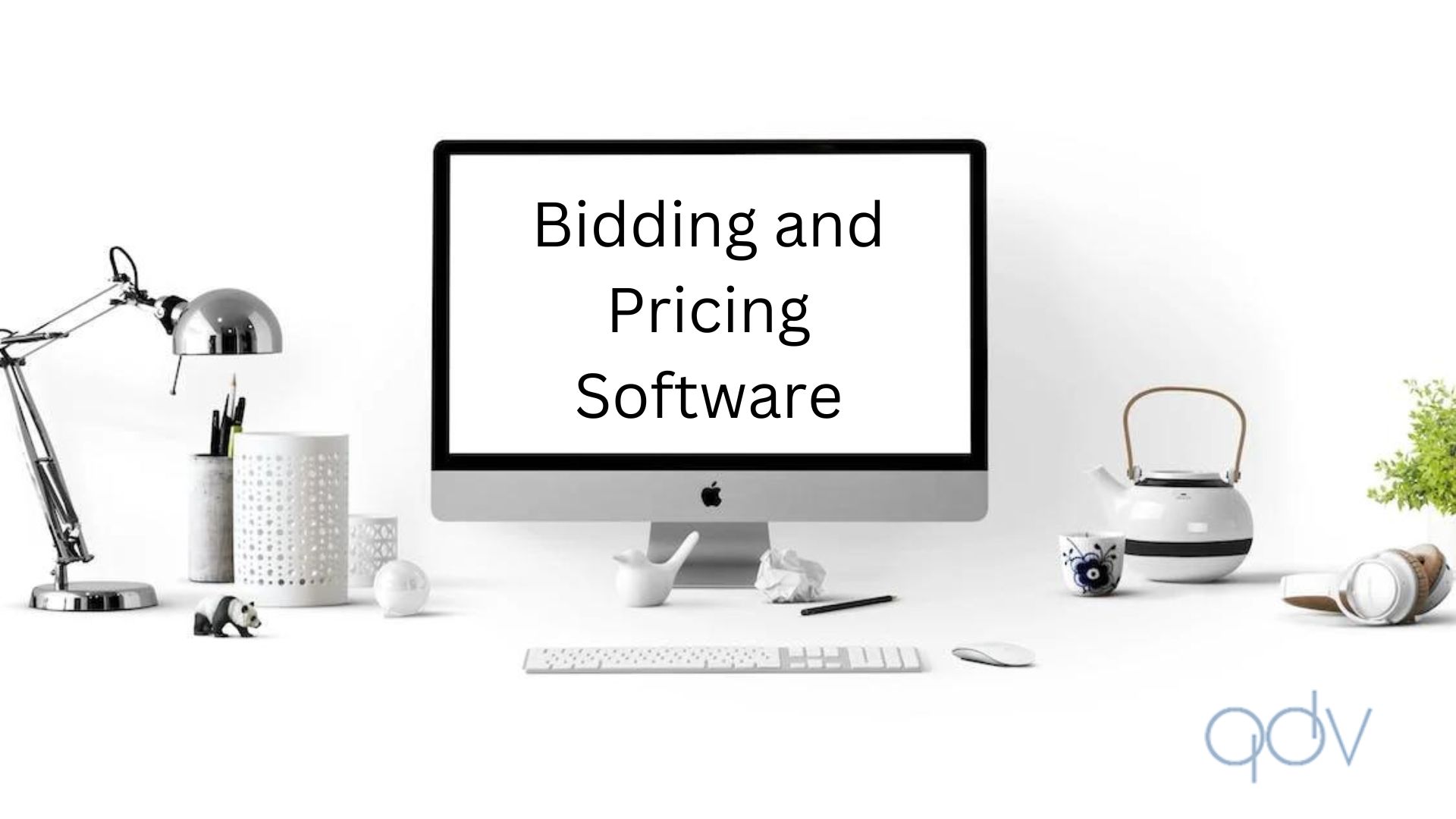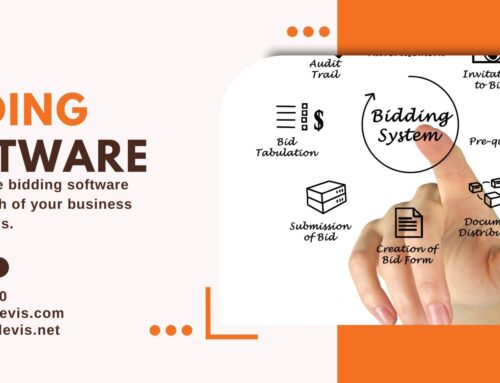Estimates for construction are one of those items that must be as precise as possible. The stakes are even higher when putting together a bid for large infrastructure or public works projects because there are more stringent requirements to meet. Construction bidding software, also known as construction estimating software, is a time-saving tool for producing accurate project cost and schedule estimates while ensuring no detail is overlooked.
There are numerous bidding software options on the market, each with its own features and capabilities. If you’re considering investing in bidding software, here are some features to look for to help you make the best purchasing decision for your business and the projects you’re working on.
Databases Are Used To Store Historical And Industry Data.
These allow you to access a treasure trove of previous project data for logging per-unit costs, timelines, and work hours. For example, current industry costs — for craftspeople, suppliers, and materials — can help fill in the blanks without preliminary figures.
Third-Party Software Integration
Much of the construction data you use is available in widely used programs such as traditional computer spreadsheets. The ability of these programs to import and export data saves valuable time re-entering data, allowing you to produce bids more quickly. If you intend to share data with other software, ensure that it is compatible with your chosen bidding software so that nothing is lost in the transition.
Reporting
This is a critical feature for streamlining report production and distribution to those who require them. Do your clients value regular updates? Do you send out more general progress reports on labor and material costs? You’ll be able to generate more visually appealing data for more efficient analysis and data-driven decision-making.
Takeoff Database Or Library
This enables you to upload digital blueprints from which data can be extracted to calculate the labor and materials needed to complete a project and the associated costs. The resulting takeoffs will be a valuable reference for future bids once you’ve saved them in a database or library within your construction bidding software. Return to the library as a rich source of material quantities and costs based on the bid package’s specifications. Importing historical data sets can result in a well-informed bid without reinventing the wheel each time.
What-If Scenario Capabilities
Details can change during the construction process, just as they can during the bid process, as contractors return with scope changes that necessitate re-evaluating their impact on costs and timelines. Running what-if analysis allows you to compare the effects of these changes quickly and easily. You can show what happens when you swap out materials, account for unexpected risks such as supply chain disruption, or simply present options for the client to consider when submitting your bid.
Workflow Management.
Assembling a bid requires careful process coordination, especially if one person’s input is contingent on another entering theirs. With multiple people contributing to the construction bid, you should look for a solution with task alert and checkoff capabilities to keep the bid development process moving smoothly and reduce bottlenecks that can slow down the workflow. Workflow management raises the level of accountability for processes. This can make a significant difference when submitting a proposal for large-scale projects.
Immediate Assistance.
Construction does not work from 9 a.m. to 5 p.m.; neither should your bidding software providers. If you run into software issues or interface hiccups, having self-service and full-service support available when needed can be beneficial. Do you have any projects that run late at night, over the weekend, or on holidays? Then, if and when you need it, you’ll have access to 24/7 customer service via phone or live online chat.
Conclusion
Estimating software helps you create accurate bid proposals to win more contracts. Quick Devis does exactly that. This feature-rich and easy-to-use software help you quickly assemble standardized, accurate bids, making your job much easier. They also use CPQ software that can help you estimate your project. This can increase your certainty and confidence in your bids.



Leave A Comment
You must be logged in to post a comment.